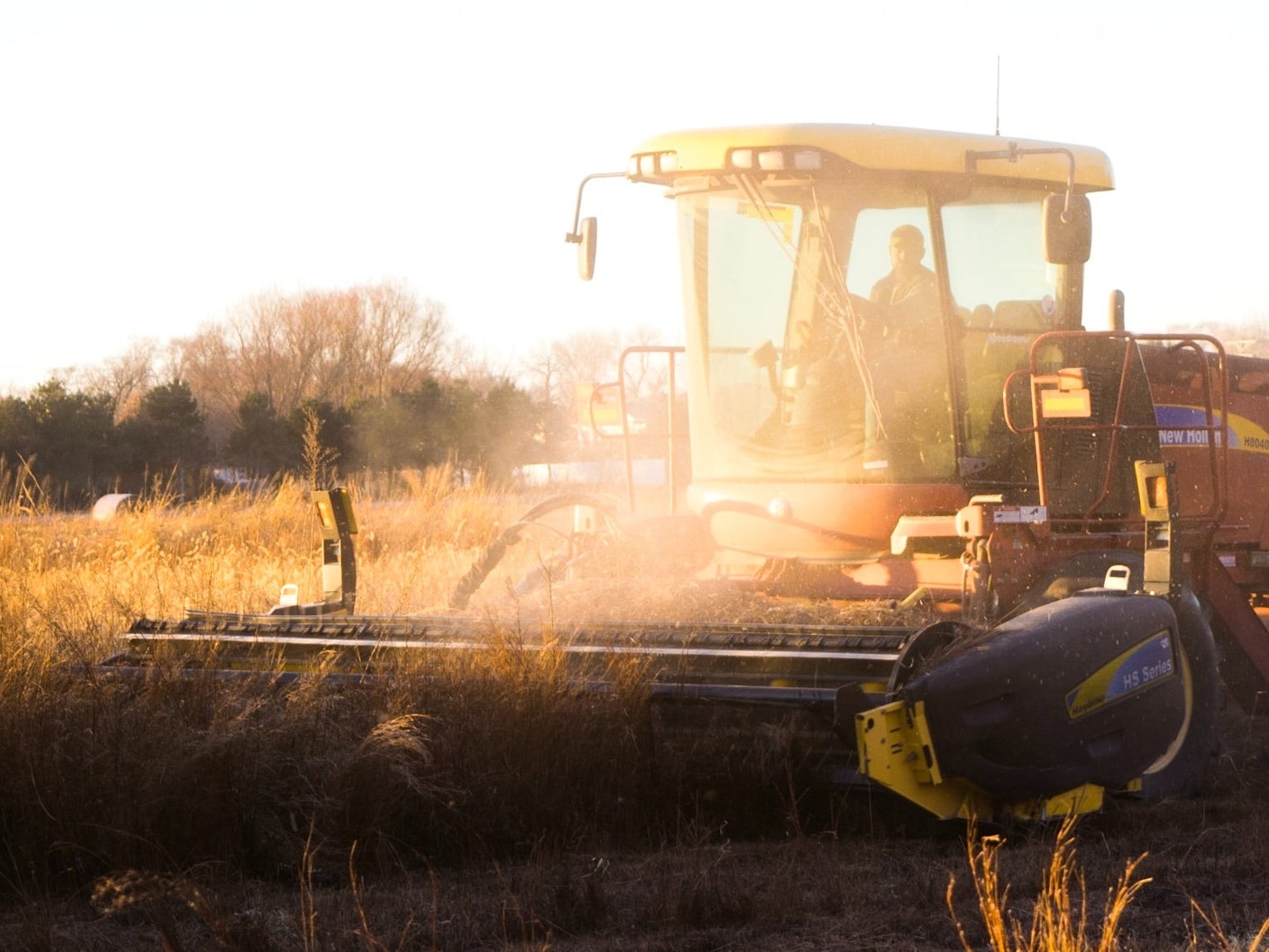29 September 2020
3 min read

As Queensland’s population continues to increase, urban sprawl or encroachment continues to impact upon not only the amount of land available to carry out agricultural activities, but the carrying out of the activities themselves.
As more and more land is redeveloped for residential purposes, complaints directed at existing farming uses are increasing. In particular, complaints about the adverse impact of noise are increasing and they are affecting farmers’ ability to effectively farm their land.
In Queensland, offences for environmental nuisance and contravention of noise standards apply to the carrying out of farming activities, including the use of pumps and machinery. Under the current laws, there are no relevant excuses or exemptions to these offences for farming activities.
While Queensland’s laws are in urgent need of amendment, some other states have taken steps to protect farmers against complaints made about nuisance caused by farming activities.
Queensland
In Queensland, local governments are responsible for administering the parts of the Environmental Protection Act 1994 (EP Act) that regulate environmental nuisance.
The EP Act defines environmental nuisance as:
It is an offence under the EP Act to cause environmental nuisance unless the person causing the nuisance has a reasonable excuse. These excuses include environmental nuisances that are:
With regard to noise, the EP Act makes it an offence to contravene a noise standard.
The noise standards set specific times of the day (and the decibel levels) that certain activities can be carried out. The standards cover such things as the use of water pumps, tools and machinery.
Looking to the other states
The NSW Government passed a Right to Farm Bill on 16 October 2019. The resulting Right to Farm Act 2019 provides a defence for nuisance claims against a farmer for commercial agricultural activities. The Act provides that commercial agricultural activities do not constitute a nuisance if they are carried out on the land lawfully and not negligently, and have been carried out for at least 12 months.
In Tasmania, the Primary Industry Activities Protection Act 1995 protects farming activities from noise complaints by excluding these activities from what can be considered an environmental nuisance.
South Australia has recently introduced the South Australian Multiple Land Use Framework. While the Framework is not law and does not apply to or override existing legislative requirements, its purpose is to provide a guideline that landowners can use when proposing new land uses that may be incompatible with existing land uses.
The introduction of legislation that protects Queensland farmers from environmental nuisance complaints is long overdue. The Queensland Government needs to do what it can to protect farmers’ ‘right to farm’ to ensure Queensland’s agricultural industry continues to flourish.
Authors: Mitchell Osborne & Lucy Kaiser
Disclaimer
The information in this publication is of a general nature and is not intended to address the circumstances of any particular individual or entity. Although we endeavour to provide accurate and timely information, we do not guarantee that the information in this newsletter is accurate at the date it is received or that it will continue to be accurate in the future.